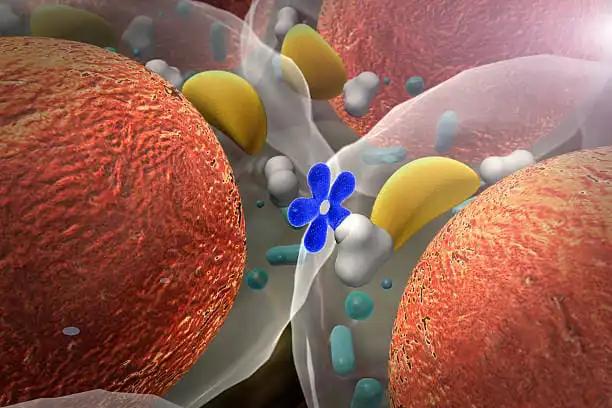KEY TAKEAWAYS
- Genomic evaluation is crucial for better mUC patient care, but tissue sample acquisition remains challenging. Plasma ctDNA sequencing could address these limitations, providing a diagnostic and prognostic tool for mUC.
- The STING trial evaluated mUC patients. Secondary endpoints included ctDNA analysis, genomic reports, actionable target classification, and molecular-based treatment recommendations.
- FGFR3 changes linked to reduced progression-free survival in immunotherapy-treated patients; moderate concordance observed between ctDNA and serial tumor tissue samples.
Recent genomic profiling advancements have unveiled targetable molecular alterations in metastatic urothelial cancer (mUC), paving the way for personalized therapy. However, tissue sample collection in mUC is challenging, prompting the exploration of plasma circulating tumor DNA (ctDNA) as an alternative source for genomic profiling. The study explored the feasibility and effectiveness of plasma ctDNA sequencing for genomic profiling in mUC.
In this prospective enrollment for mUC patients in the STING trial, ctDNA profiling was conducted using the FoundationOne Liquid CDx Assay (324 genes, tumor mutational burden [TMB], microsatellite instability status). A multidisciplinary tumor board (MTB) reviewed and discussed individual genomic reports weekly. Actionable targets were categorized by ESCAT tier, guiding molecular-based treatment recommendations whenever feasible.
A total of 140 mUC patients underwent molecular profiling between January 2021 and June 2022. The median time for assay results was 20 days. ctDNA abundance correlated with the number of prior lines and metastatic sites. ctDNA analysis replicated the genomic landscape from previous tissue-based cohorts. Moderate concordance for serial tumor tissue was observed (r=0.545 CI95: [0.121-0.801], p= 0.016). Actionable targets were identified in 45% (63 patients), with 35 alterations, including TMB high (≥12 mutations/Mb) in 21.1% (N= 39), FGFR3 in 10.8% (N= 20), and HRD alterations in 7.6% (N= 14). The Molecular Tumor Board recommended matched therapy for 45% (63 patients). Eight patients (5.7%) received treatment, achieving a 50% overall response rate (95%: 15.70-84.30) and a median PFS of 5.2 months (CI95%: 4.1 – NR). FGFR3 alterations were linked to lower progression-free survival in patients treated with immunotherapy.
Genomic profiling with a large panel of ctDNA in metastatic urothelial cancer (mUC) is a reliable and feasible method for promptly initiating genotype-matched therapies.
Source: https://ascopubs.org/doi/10.1200/JCO.2023.41.16_suppl.4576
Clinical Trial: https://www.clinicaltrials.gov/study/NCT04932525
Clara Helal, Cedric Pobel, Arnaud Bayle, Damien Vasseur, Claudio Nicotra, Felix Blanc-Durand, Natacha Naoun, Alice Bernard-Tessier, Anna Patrikidou, Emeline Colomba, Ronan Flippot, Alina Fuerea, Nathalie Auger, Maud Ngocamus, Benjamin Besse, Ludovic Lacroix, Etienne Rouleau, Santiago Ponce Aix, Antoine Italiano, Yohann Loriot. DOI 10.1200/JCO.2023.41.16_suppl.4576, J Clin Oncol 41, 2023 (suppl 16; abstr 4576).



